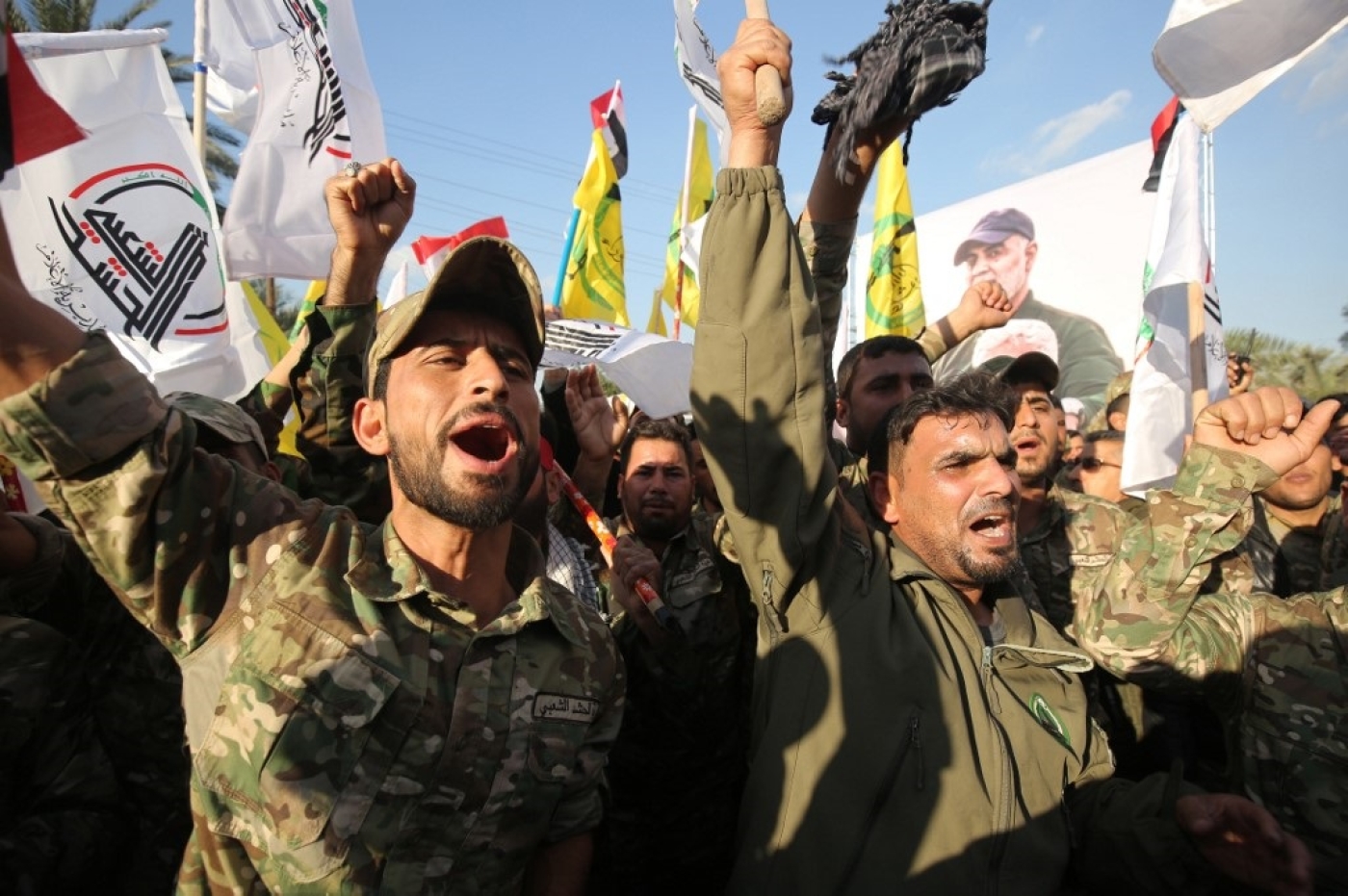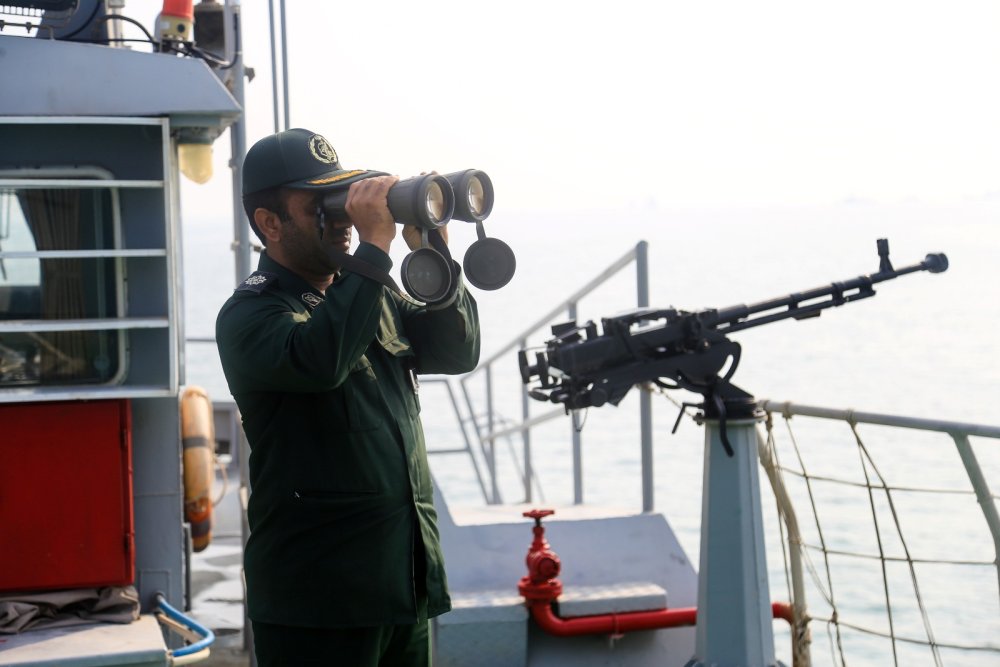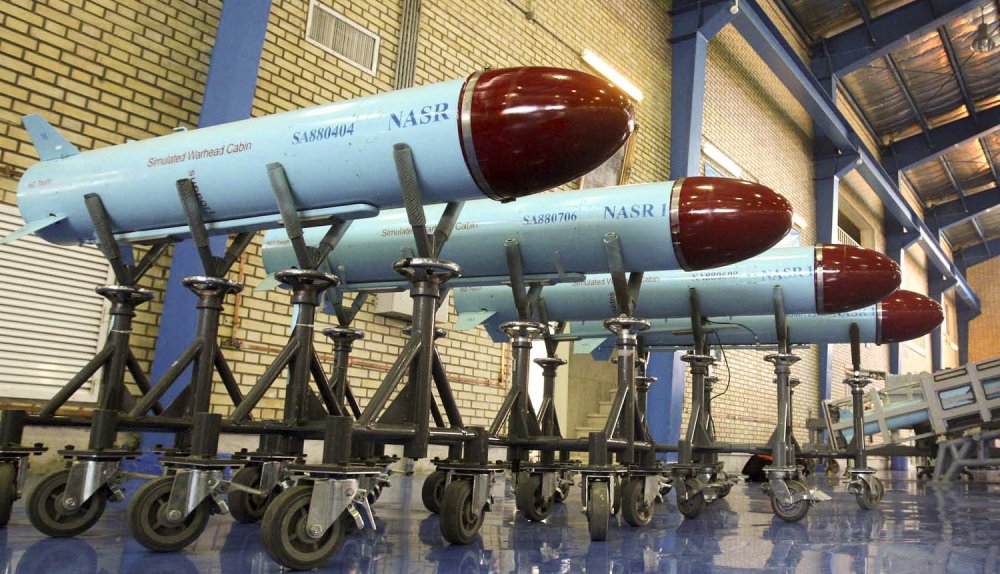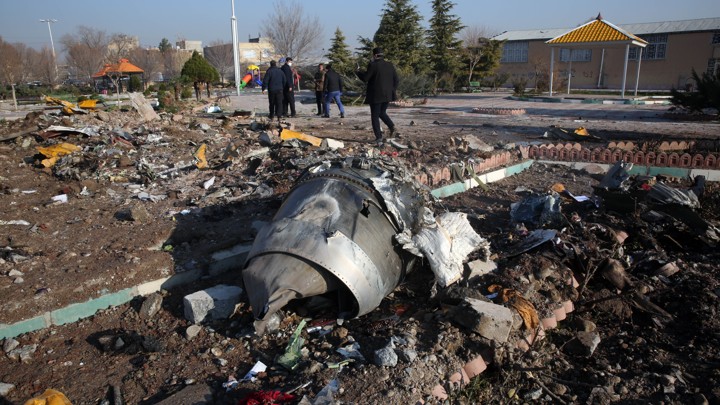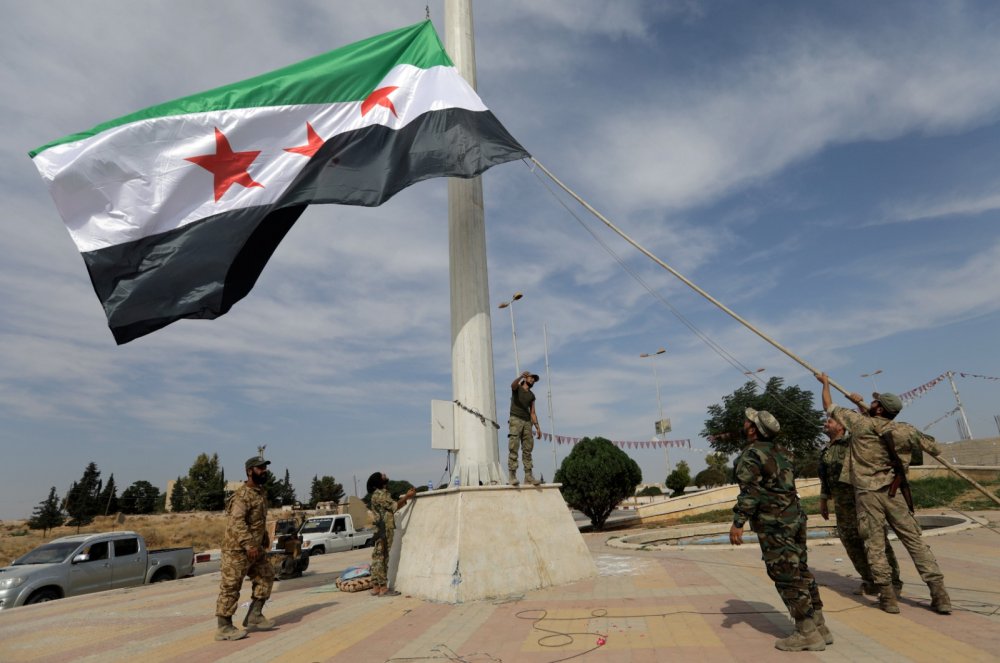Shibley Telhami and Connor Kopchick
A recent poll finds that despite Americans’ hesitancy to deploy U.S. troops into other conflicts, they remain comparably supportive of maintaining the U.S. military footprint in Afghanistan, write Shibley Telhami and Connor Kopchick. This piece originally appeared in the Washington Post.
The Washington Post’s recently published Afghanistan Papers project revealed a purposeful effort, by both Democratic and Republican administrations, to mislead the American public on the harsh realities of the war in Afghanistan. This fall, we asked a nationally representative sample of Americans, as part of the University of Maryland Critical Issues Poll, what exactly they thought of the state of America’s longest war.
The survey was carried out October 4-10, 2019, online among a nationally representative sample of 1,260 respondents from Nielsen Scarborough’s probability-based panel, originally recruited by mail and telephone using a random sample of adults provided by Survey Sampling International. The margin of error is +/- 2.76 percentage points. The survey variables balanced through weighting were: age, gender, race/ethnicity, household income, level of education, census regional division and political party affiliation.

